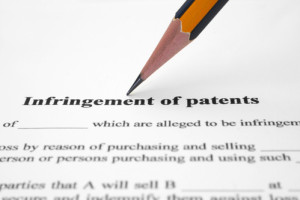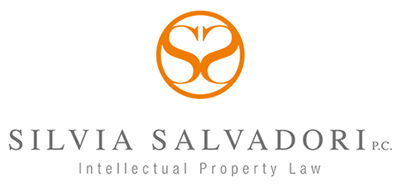Supreme Court Questions Meaning of Patent Infringement
 {1:50 minutes to read} In a recent case, Life Technologies Corp. v. Promega Corp., the Supreme Court reinterpreted the meaning of the patent infringement statute 35 U.S.C. § 271(f)(1).
{1:50 minutes to read} In a recent case, Life Technologies Corp. v. Promega Corp., the Supreme Court reinterpreted the meaning of the patent infringement statute 35 U.S.C. § 271(f)(1).
The statute reads: “Whoever without authority supplies or causes to be supplied in or from the United States all or a substantial portion of the components of a patented invention, where such components are uncombined in whole or in part, in such manner as to actively induce the combination of such components outside of the United States in a manner that would infringe the patent if such combination occurred within the United States, shall be liable as an infringer.” The statutes creates liability for those supplying from the U.S. “all or a substantial portion of the components of a patented invention” to be combined abroad in a manner that would infringe the U.S. patent if it was combined in the US.
The first determination to be made was whether the “substantial portion” of the components was a quantitative or qualitative measurement. The Court held that the terms conveyed a “quantitative” meaning.
The next issue to be resolved was whether a single component constituted a “substantial portion.” And the answer was no. The determination was made because statute 271(f)(1) refers to “components” as plural, thus the Supreme Court concluded that “substantial portion” cannot refer to a single item.
However, many questions remain unanswered, for example “how close” to all of the components “a substantial” portion should be. I will continue to monitor this and provide updates as they become available.
Silvia Salvadori, PhD
(212) 897-1938

